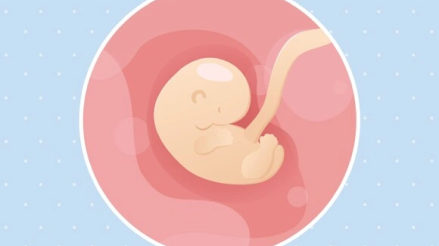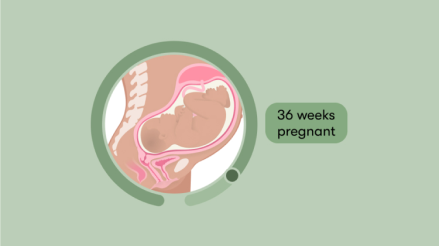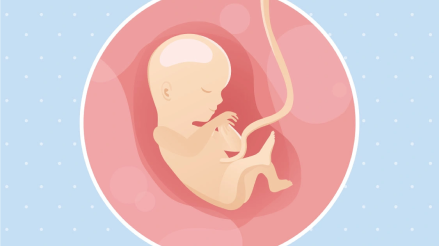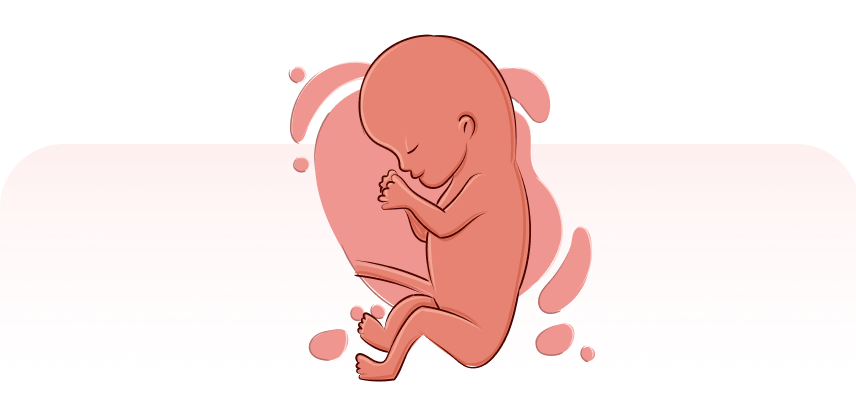You may also like…
Mother's body and baby developments in 19-22 weeks
At 19 weeks...
In the 19th week the baby is 15 cm tall and 260 g heavy and are about the length of a beef tomato. The baby has proper sleep cycles at this point and will sleep for 18 hours at stay awake for 6 hours daily maintaining the routine of a newborn. They can respond to sounds of the external environment and will listen to the music or reading you do to them and have probably become a lot more active than before.
At 20 weeks...
At 20 weeks, the baby is 16 cm tall and weighs around 320 g – this is about the size of a rock melon. The baby has fingerprints and the muscles have gone one step ahead during their development. The cartilage all over their body has now started to become hardened-bone and have also formed proper teeth under their baby teeth. If the baby is a girl, she has eggs in her ovaries. At this stage the baby is also covered with a white substance called the vernix which protects the baby’s skin from the amniotic fluid.
At week 21...
At 21 weeks, the baby is 18 cm tall and weighs 390 g- this is around the size of a carrot. Now the uterus is large enough for the baby to have plenty of space to move around. They may start kicking so that the mom will feel and their brain is developing rapidly. The baby’s arms and legs have grown more in size compared to the rest of the body and soft hair has started to develop on the baby’s head, the baby has eyebrows and the whole body is covered in lanugo which is really just fine hair. In “baby girls,” the uterus is formed at this stage and in “baby boys,” the testicles are formed.
At week 22...
In week 22, your baby is 19 cm tall and 460 g heavy, if you cup your hands in a shape of a prayer, your baby would fit right into them. Isn’t that cute? Some systems are now fully formed, such as the inner ear, the retina, the irises though they’re colorless at this point.
They have eyelashes and the nails have probably grown to the ends of their fingers. Most of the time, babies lie across the tummy by now in a “transverse” position but they keep moving and changing this constantly. These movements will be felt more strongly once their muscles specialize.








